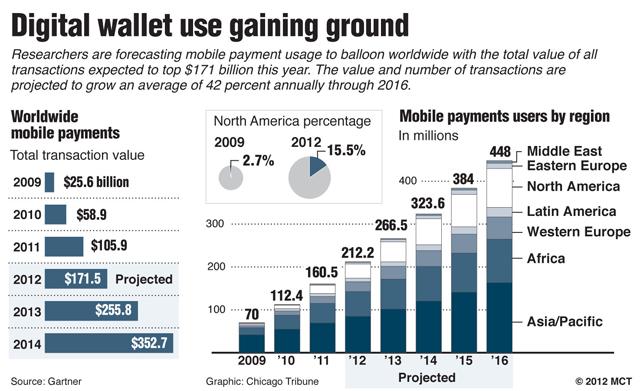AMMAN — Speeding up the endorsement of the draft electronic transactions law is crucial to encourage strong adoption of two recently announced projects by the Central Bank of Jordan (CBJ) that seek to boost the usage of mobile wallets in the country.
“The Lower House should accelerate the discussion of the law, which is required to enhance e-transaction usage in general in the country,” Maha Bahou, executive manager of the payment systems department at CBJ, said at a recent meeting with reporters.
“We need the law to be endorsed so that when we launch the
eFAWATEERcom and the Jordan Mobile Payment projects we see a large number of people using them,” she said.
In April, the CBJ will launch the
eFAWATEERcom project, which will enable Jordanians to inquire about their private sector and government bills and settle them online.
In addition, the CBJ will launch a project enabling mobile holders in Jordan to use their phones to pay for groceries, coffee and even taxi fares as well as to make local money transfers and international ones at a later stage.
Abed Shamlawi, CEO of the ICT Association of Jordan, said the law will set the legal grounds for spreading the use of these projects.
“The law should be endorsed soon because of its benefits for the entire economy, not just the IT sector,” Shamlawi noted.
The draft law, approved by the Cabinet in November last year, seeks to regulate e-transactions and create a safe environment for e-commerce through adopting digital signatures
The bill will now be discussed by the Upper and Lower Houses of Parliament. Once they endorse it, the draft will be forwarded to His Majesty King Abdullah for ratification, after which it comes into effect upon being published in the Official Gazette.
The law is expected to be discussed during Parliament’s current ordinary session, which is scheduled to end in two months, MP Rula Hroub told The Jordan Times last week.
“When people use debit or credit cards for their purchases, it is better than using cash, as the money transfer will be faster,” Bahou said.
Citing recent international studies, she noted that the usage of cards, whether debit or credit cards, added about $18 billion annually to the gross domestic product of the region.
“When people use cards, this means there is more money at banks that can be used for financing other issues, which is good for the economy,” Bahou added.
An awareness campaign is planned to educate the public about the two projects that the CBJ will launch in a few months, according to the official.

















